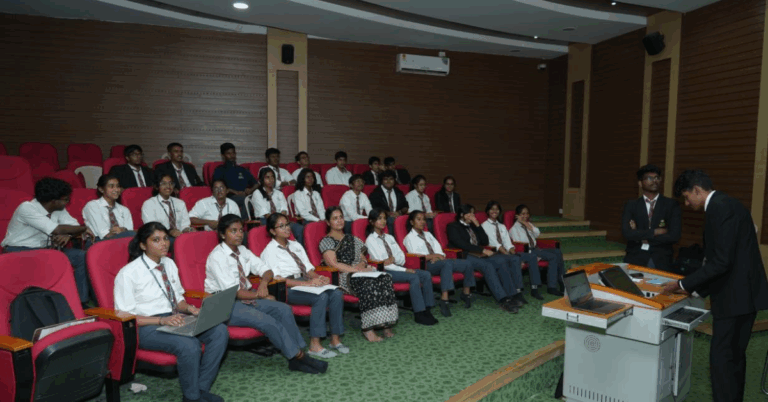Leveraging Educational Games for Learning: Engaging Students in Playful Exploration
Educational games have increasingly become a popular tool in the modern classroom, offering a host of benefits to students. These games not only make learning more engaging and enjoyable but also help in reinforcing academic concepts in a practical and interactive way. By incorporating elements of play and competition, educational games have been proven to enhance student motivation and engagement, leading to improved academic performance and retention of information.
Furthermore, educational games provide a unique opportunity for students to develop essential skills such as problem-solving and decision-making. Through the interactive and immersive nature of these games, students are encouraged to think critically, analyze information, and apply their knowledge to solve complex challenges. This hands-on approach to learning not only fosters a deeper understanding of subject matter but also cultivates vital skills that are essential for success in the 21st-century workforce.
How Educational Games Can Enhance Critical Thinking Skills
Educational games serve as an effective tool to boost critical thinking skills among students. By engaging in problem-solving tasks within a game-based environment, students are prompted to think analytically and strategically to overcome challenges. This process of constant evaluation and decision-making helps to sharpen their cognitive abilities and enhance their reasoning skills.
Moreover, educational games often require students to think outside the box and come up with creative solutions to complex problems. This challenges their traditional ways of thinking and encourages them to explore different perspectives and approaches. As a result, students become more adept at evaluating information, making informed decisions, and drawing logical conclusions – all essential components of critical thinking.
The Role of Educational Games in Promoting Collaboration Among Students
Educational games have been shown to be effective tools in fostering collaboration among students in the classroom. When students engage in these games, they are required to work together to solve problems, complete tasks, and achieve common goals. This necessity for cooperation cultivates a sense of teamwork and encourages students to communicate, listen to each other’s ideas, and respect differing perspectives.
Collaborative educational games also provide opportunities for students to learn from each other. By working together, students can share their knowledge and skills, support each other’s learning, and build a sense of community within the classroom. This collaborative environment not only enhances students’ understanding of the material but also develops their social and emotional skills, such as empathy, leadership, and conflict resolution.
• Educational games foster collaboration among students in the classroom
• Students work together to solve problems, complete tasks, and achieve common goals
• Collaboration cultivates teamwork, communication skills, and respect for differing perspectives
Collaborative educational games also provide opportunities for students to learn from each other. By working together, students can share their knowledge and skills, support each other’s learning, and build a sense of community within the classroom. This collaborative environment not only enhances students’ understanding of the material but also develops their social and emotional skills, such as empathy, leadership, and conflict resolution.
How can educational games benefit students in the classroom?
Educational games can make learning more engaging and interactive, helping students retain information better. They can also improve students’ problem-solving skills and motivation to learn.
How do educational games enhance critical thinking skills?
Educational games often require students to think critically, make decisions, and solve problems within a set of rules or constraints. This can help develop students’ ability to analyze information, evaluate options, and make informed choices.
How do educational games promote collaboration among students?
Educational games often involve teamwork, communication, and cooperation to achieve a common goal. By working together in a game-based setting, students can learn how to collaborate effectively, share ideas, and support each other’s success.
Can educational games be used in all subject areas?
Yes, educational games can be designed to cover a wide range of subjects, from math and science to language arts and social studies. Educators can tailor games to align with specific learning objectives and curriculum standards in various subject areas.







